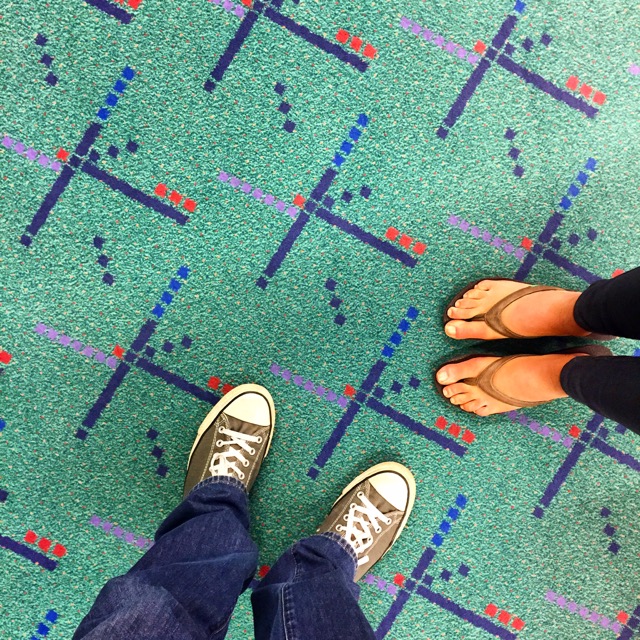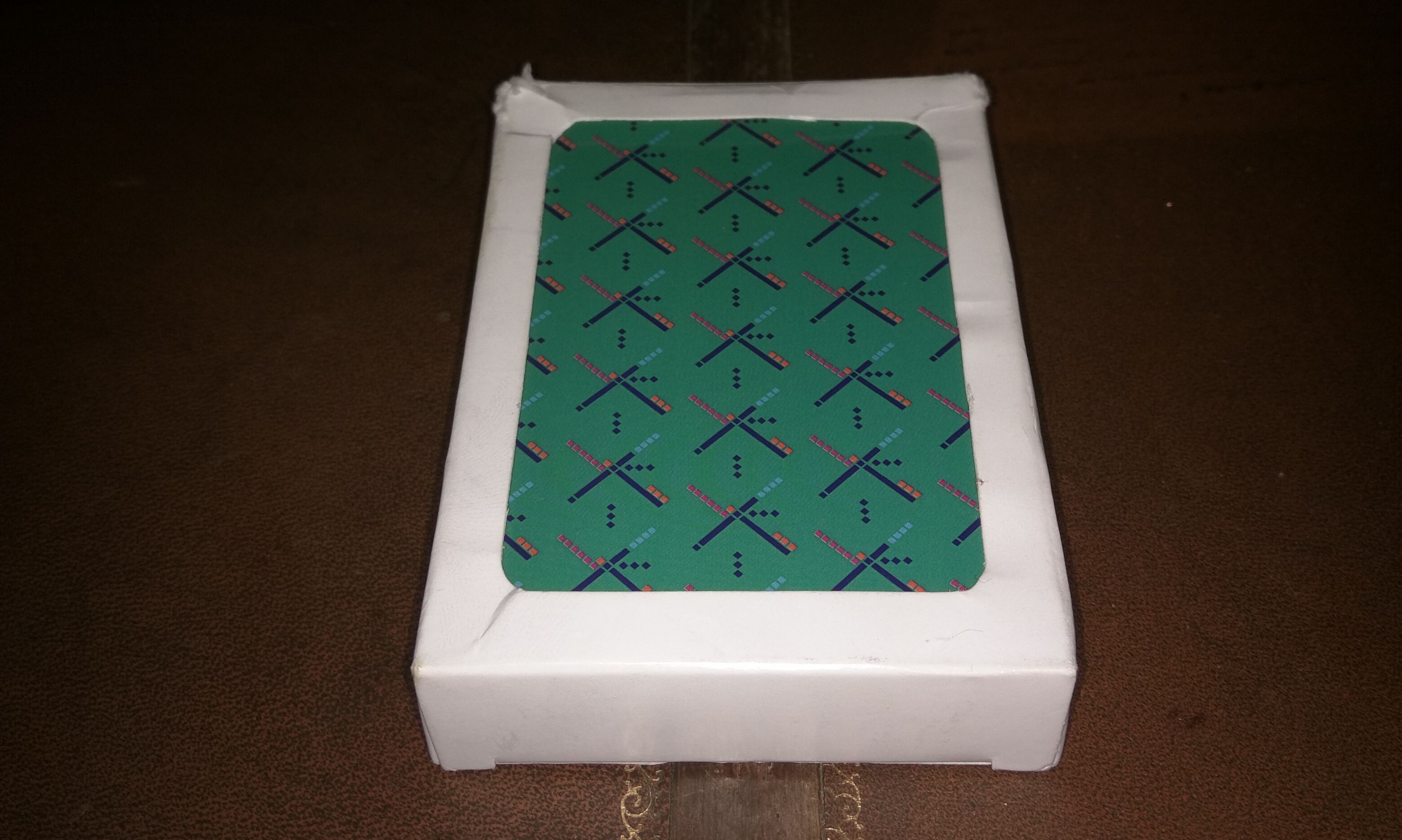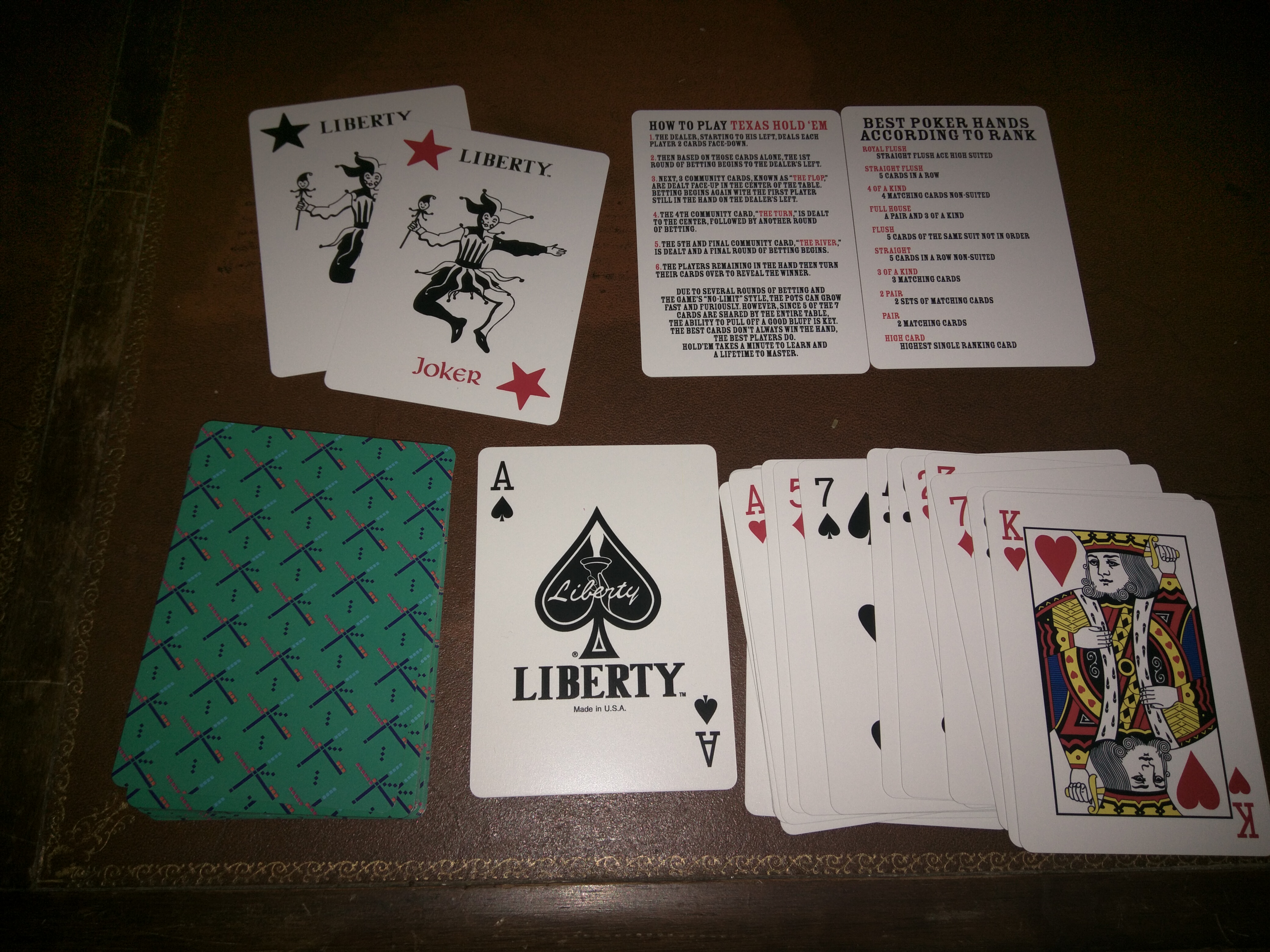Having lived in the state of Oregon for around 28 of my soon-to-be 30 years, I've been exposed almost since birth to many of the things that make the state - specifically, the Portland metro area - such a unique entity. Because while many cities can claim that they have their institutions and their old standbys, few can claim to be the official home of a rapper who exclusively writes raps about his cats, or a Doctor Who themed pub (evidently gone as of 2020 -ww), or a man whose claim to fame is dressing as Darth Vader in a kilt and playing the Star Wars opening theme on flaming bagpipes while riding a unicycle. With such bombastic icons representing the "Keep Portland Weird" movement, it's easy to lose sight of the more subtle weirdnesses. Things like a famous carpet pattern.

Who knew that this would be considered an iconic fixture of Portland? (img source)
The Portland International Airport - known more by its IATA code, PDX - serves as a major thoroughfare to the Pacific Ocean, and in fact much of the Pacific coast of the United States. While arguably not as famous as the likes of Dulles or O'Hare, PDX is notable for one unusual reason: Portlanders are famously nostalgic for its floor coverings. The unique dark-on-teal pattern, representing the airport's runway layout seen from the air, is so well-known that it has its own Wikipedia article. It's an unusual thing to have fond memories about a carpet, to be sure, but no stranger than the internet's bizarre obsession with the Solo Jazz cup pattern. When PDX announced it planned to replace the iconic carpets with a new design in 2013, the public response was so massive that it spawned the Twitter hashtag, #pdxcarpet. There are pillows, textiles, and even pairs of basketball shoes, designed by Portland Trail Blazer point guard Damian Lillard, bearing the PDX carpet pattern. And, most relevant to this blog, there are decks of cards bearing its likeness.

Within this plain white box lies an Oregon institution. Kind of.
I found this specific deck at a Made in Oregon store at Washington Square Mall for the quite-reasonable price of $6.95. Admittedly, I didn't expect much out of it, from the relatively flimsy, unadorned box to the cut-out hole comprising one entire side. But at this point, my deck-collecting habits were already in gear, and hell, I had the pocket change for it. I didn't crack it open for an entire day, but when I did, I found this to be the most surprisingly smooth deck I've ever handled.
The deck, produced by Texas-based Liberty Playing Cards (so, not "made in Oregon" in the strictest sense), feels like all-plastic construction with no specific texture on its surface. They deal with the greatest of ease, producing a smooth air-cushion effect when dealt across any hard surface, and being of standard poker size, they produce no issues with shuffling, either. As a solitaire player, however, I find that this smoothness gets in the way of keeping tableau piles orderly, with cards skidding to and fro with only a slight breeze. This does get a bit bothersome with more complicated games, but it's by no means a game breaker, and one could argue it's part of the charm of playing on a tabletop instead of a screen. All it really means is that you'll probably want a bit more table space with which to space piles apart, when playing larger deals like Freecell.

Overview of the PDX Carpet deck. Includes two jokers and Texas Hold 'Em rules. The carpet pattern is not symmetrical, so cards can be upside-down, but it's not so bad as more elaborate designs can be.
What is perhaps more disappointing about this deck, though, is that the face designs are strictly traditional. The Ace of Spades and the Jokers are specific to Liberty Playing Cards, but the royals are nothing special, and the basic rank-and-file are printed with the same suits and fonts that any other deck might have. Liberty Playing Cards likely cannot be faulted, though, as their business is not exactly the playing cards themselves, but producing customized decks for businesses, to be given away as swag for trade shows and the like. I certainly don't hold it against them; at $7, the smoothness of these cards is excellent (no accidental extra cards when dealing), and nothing gets in the way too much during normal play, drift issues aside. I can hardly fault them for not doing unique front designs, considering the extra costs involved. Besides, what would be on them? They chose their theme and stuck with it.
Since the actual PDX carpet was replaced a few years ago, though, this deck represents that part of nostalgia that never wants to leave: our struggle to retain some memento of the things that defined our pasts, no matter how seemingly insignificant. Even if it's just a carpet.